Optimal PCI London 2023
Published: 13 October 2023
-
Views:
 3684
3684
-
Likes:
 7
7
-
Views:
 3684
3684
-
Likes:
 7
7
-
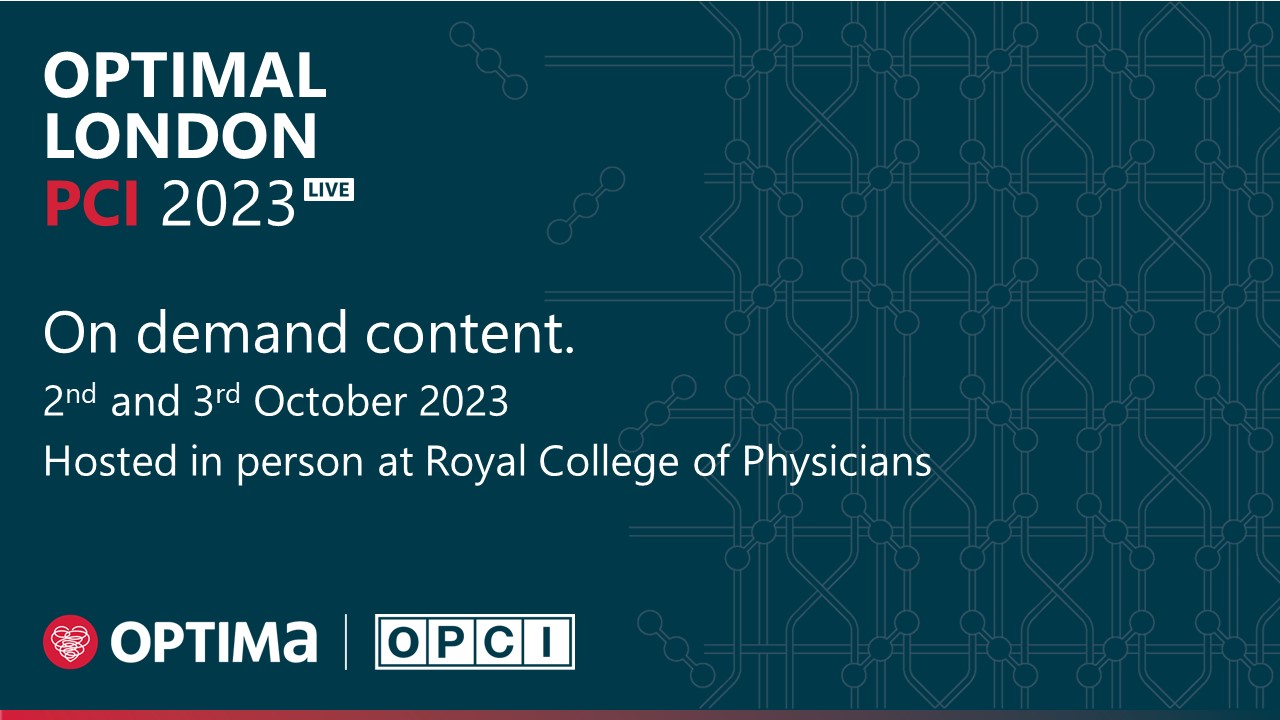 4m 53sPart 3 | Session 1 Welcome and recap
4m 53sPart 3 | Session 1 Welcome and recap -
 4m 28sPart 3 | Session 2 My stents last forever, why should I listen?
4m 28sPart 3 | Session 2 My stents last forever, why should I listen? -
 10m 38sPart 3 | Session 3 Doom loop, or durable solution, how can I navigate?
10m 38sPart 3 | Session 3 Doom loop, or durable solution, how can I navigate? -
 40m 24sPart 3 | Session 4 Algorithmic ISR treatment: what could go wrong?
40m 24sPart 3 | Session 4 Algorithmic ISR treatment: what could go wrong? -
 1h 2m 42s
1h 2m 42s
-
 12m 29sPart 4 | Session 1 Too tough to treat – the high-risk landscape
12m 29sPart 4 | Session 1 Too tough to treat – the high-risk landscape -
 21m 23sPart 4 | Session 2 Mapping the path: hemodynamics to delineate risk and define strategy
21m 23sPart 4 | Session 2 Mapping the path: hemodynamics to delineate risk and define strategy -
 11m 57sPart 4 | Session 3 Crossing the crucible: strategies for high-risk CTO PCI in LV dysfunction
11m 57sPart 4 | Session 3 Crossing the crucible: strategies for high-risk CTO PCI in LV dysfunction -
 5m 11sPart 4 | Session 4 What we learned and should look for in the interactive session
5m 11sPart 4 | Session 4 What we learned and should look for in the interactive session
-
 4m 6sPart 1 | Session 1 Welcome and introduction James Spratt
4m 6sPart 1 | Session 1 Welcome and introduction James Spratt
-
 13m 47sPart 1 | Session 2 Less time, less money, more complexity Allen Jeremias
13m 47sPart 1 | Session 2 Less time, less money, more complexity Allen Jeremias
-
 26m 49sPart 1 | Session 3 Point and shoot? Planning fundamentals Natalia Pinilla
26m 49sPart 1 | Session 3 Point and shoot? Planning fundamentals Natalia Pinilla
-
 15m 12sPart 1 | Session 4 Confusion or clarity? How to negotiate the information matrix Carlos Collet
15m 12sPart 1 | Session 4 Confusion or clarity? How to negotiate the information matrix Carlos Collet
-
 44m 1sPart 1 | Session 5 Live case 1: Hospital Clínic de Barcelona (Spain) / Live case 2: Hartcentrum OLV Aalst (Belgium) Salvatore Brugaletta, Manel Sabaté, Jeroen Sonck, Adriaan Wilgenhof
44m 1sPart 1 | Session 5 Live case 1: Hospital Clínic de Barcelona (Spain) / Live case 2: Hartcentrum OLV Aalst (Belgium) Salvatore Brugaletta, Manel Sabaté, Jeroen Sonck, Adriaan Wilgenhof
-
 7m 28sPart 1 | Session 6 What we learned and should look for in the interactive session Frédéric Bouisset
7m 28sPart 1 | Session 6 What we learned and should look for in the interactive session Frédéric Bouisset
-
 13m 57sPart 2 | Session 1 Calcium – it’s all sorted? Margaret McEntegart
13m 57sPart 2 | Session 1 Calcium – it’s all sorted? Margaret McEntegart
-
 27m 35sPart 2 | Session 2 Gone, but not forgotten – Calcified nodules Ziad A Ali
27m 35sPart 2 | Session 2 Gone, but not forgotten – Calcified nodules Ziad A Ali
-
 10m 3sPart 2 | Session 3 Calcium in special scenarios Simon Wilson
10m 3sPart 2 | Session 3 Calcium in special scenarios Simon Wilson
Overview
Radcliffe are delighted to partner with Optima Education to host the on-demand Optimal PCI London 2023 event.
Optimal PCI London 2023 was a hybrid two-day event held on the 2–3 October at The Royal College of Physicians, London, UK. With over 20 expert faculty, it focused on six complex, high-risk intervention topics: pre-procedural planning, imaging, calcium, stent failure, left main PCI and CTO / LV support.
Optima is proud to partner with OPCI (NYC), to bring you the next instalment in leading cardiology education.
At Optima, we believe that education is central to patient care. Our unique approach is designed to help you develop the thinking, skills and knowledge to optimise patient care. We clarify and simplify clinical messaging into engaging and accessible content. Our values of quality, simplicity and innovation are central to this vision.
Optima would like to thank the following sponsors:
Lead: Shockwave Medical, Boston Scientific and Abbott
Supporting: ASAHI INTECC, Teleflex, Vascular Perspectives, HeartFlow, Medtronic, CathWorks, Cordis, Abiomed, Philips, GE Healthcare, Seigla Medical, RAMPART, HCA Healthcare and CoreAalst

Learning Objectives
- Understand the main elements in pre-procedural planning and how it guides PCI
- Explore the role of coronary arterial calcium in driving adverse outcomes, how to assess and treat these patients safely
- Understand what causes stent failure, how this is assessed and what drives treatment options in each case
- Explore the role of left ventricular support in complex coronary artery disease
Target Audience
- Interventional Cardiologists
- Interventional Cardiology Nurses
- Cathlab Personnel
- Interventional Fellows
More from this programme
Part 1
Day 1, Session 1: Pre-procedure planning – are we lost without a map?
Part 2
Day 1, Session 2: Coronary calcium – too hard to crack?
Part 3
Day 2, Session 3: Stent failure – can we ignore this?
Part 4
Day 2, Session 4: High-risk and complex – too tough to treat?
Faculty Biographies
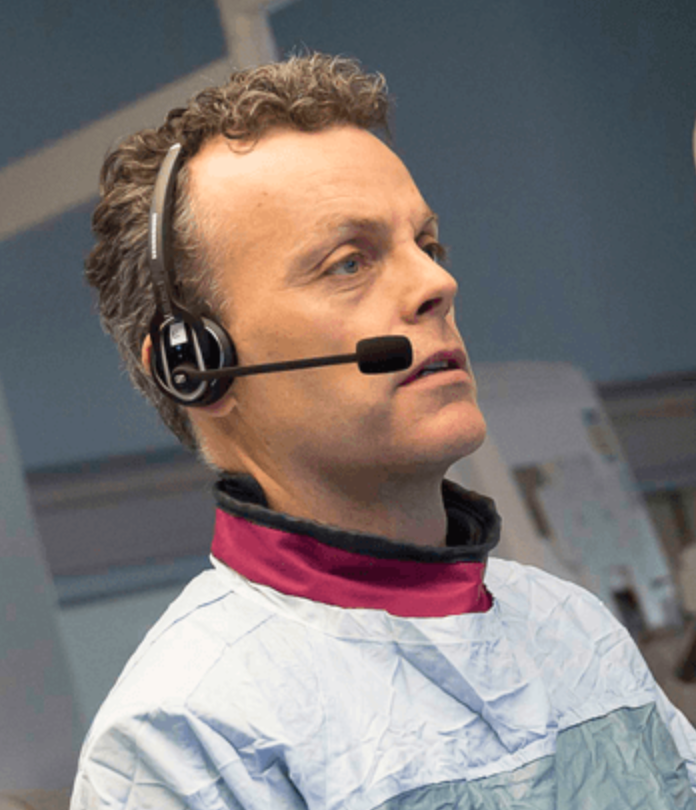
James Spratt
Professor of Interventional Cardiology
Prof James Spratt is a Professor of Interventional cardiology. A high-volume Interventional Cardiologist with an international reputation in complex PCI, with a sub-speciality interest in intravascular imaging and CTO. Widely published within this area and has performed live case demonstrations globally. He is interested in medical education and is the Founder of Optima Education. Prof James Spratt is an editorial board member of Interventional Cardiology: Reviews, Research, Resources (ICR3).
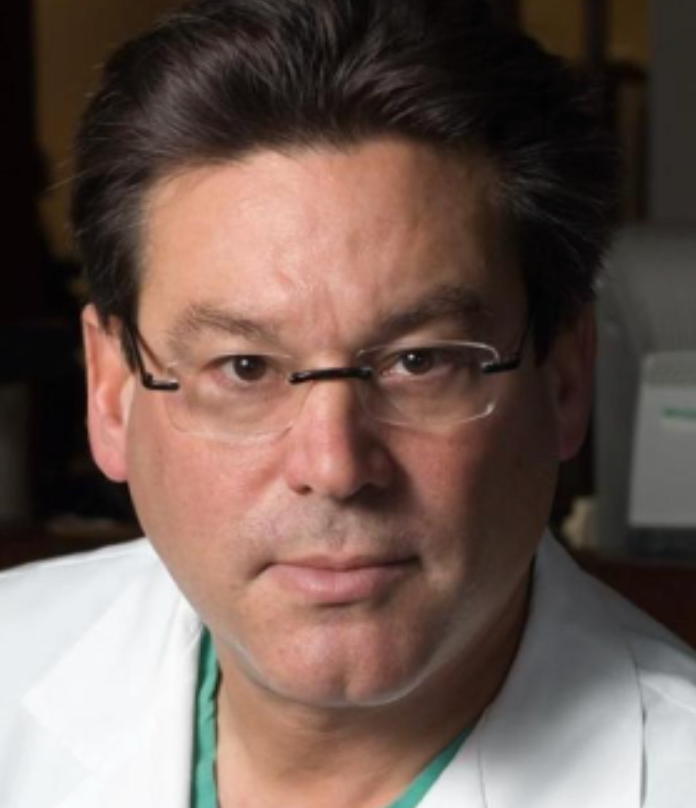
Richard A Shlofmitz
Dr Richard Shlofmitz is the chairman of the department of cardiology a St. Francis Hospital the Heart Center, USA, and has been with St. Francis Hospital since 1987. He has served as principal investigator in numerous percutaneous interventional trials at St. Francis Hospital.
He received his medical degree from New York University Grossman School of Medicine and has been in practice for over 20 years.
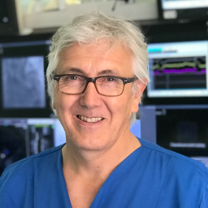
Javier Escaned
Head of Interventional Cardiology
Prof Javier Escaned is Head of the Interventional Cardiology Section at Hospital Clinico San Carlos (Madrid, Spain). He trained as a cardiologist in the United Kingdom (Queen Elizabeth University Hospital, Birmingham and Walsgrave Hospital, Coventry) before moving to the Thoraxcenter/Rotterdam (The Netherlands), where he obtained his PhD degree in 1994.
He has authored over 300 scientific articles, books and book chapters on different aspects of interventional cardiology; his latest contribution is Coronary Stenosis. Imaging, Structure and Physiology, a large textbook endorsed by the European Association of Percutaneous Cardiovascular Interventions/European Society of Cardiology (EAPCI/ESC), with its latest edition published in 2015. His main interests in the field of interventional cardiology include intracoronary imaging and physiology, complex percutaneous coronary intervention including chronic total occlusion recanalisation, and acute coronary syndromes.
He…
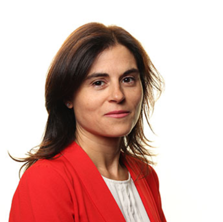
Nieves Gonzalo
Consultant Interventional Cardiologist
Dr Nieves Gonzalo is Consultant Interventional Cardiologist at the Interventional Cardiology Department at Clinico San Carlos University Hospital in Madrid.
She obtained her Specialist Certification in Cardiology after training at Clinico San Carlos University Hospital in Madrid. Subsequently, she underwent a research fellowship at Thoraxcenter, Erasmus University Rotterdam (The Netherlands) under the supervision of Professor Patrick Serruys, focused mainly in intracoronary imaging and bioabsorbable stents.
In 2010 she obtained her PhD with the thesis “Optical coherence tomography for the assessment of coronary atherosclerosis and vessel response after stent implantation".






Comments